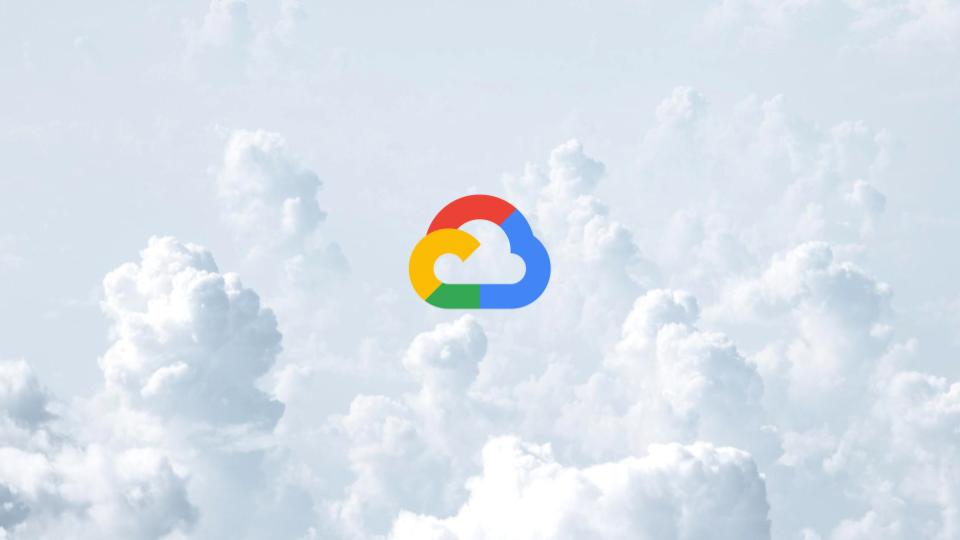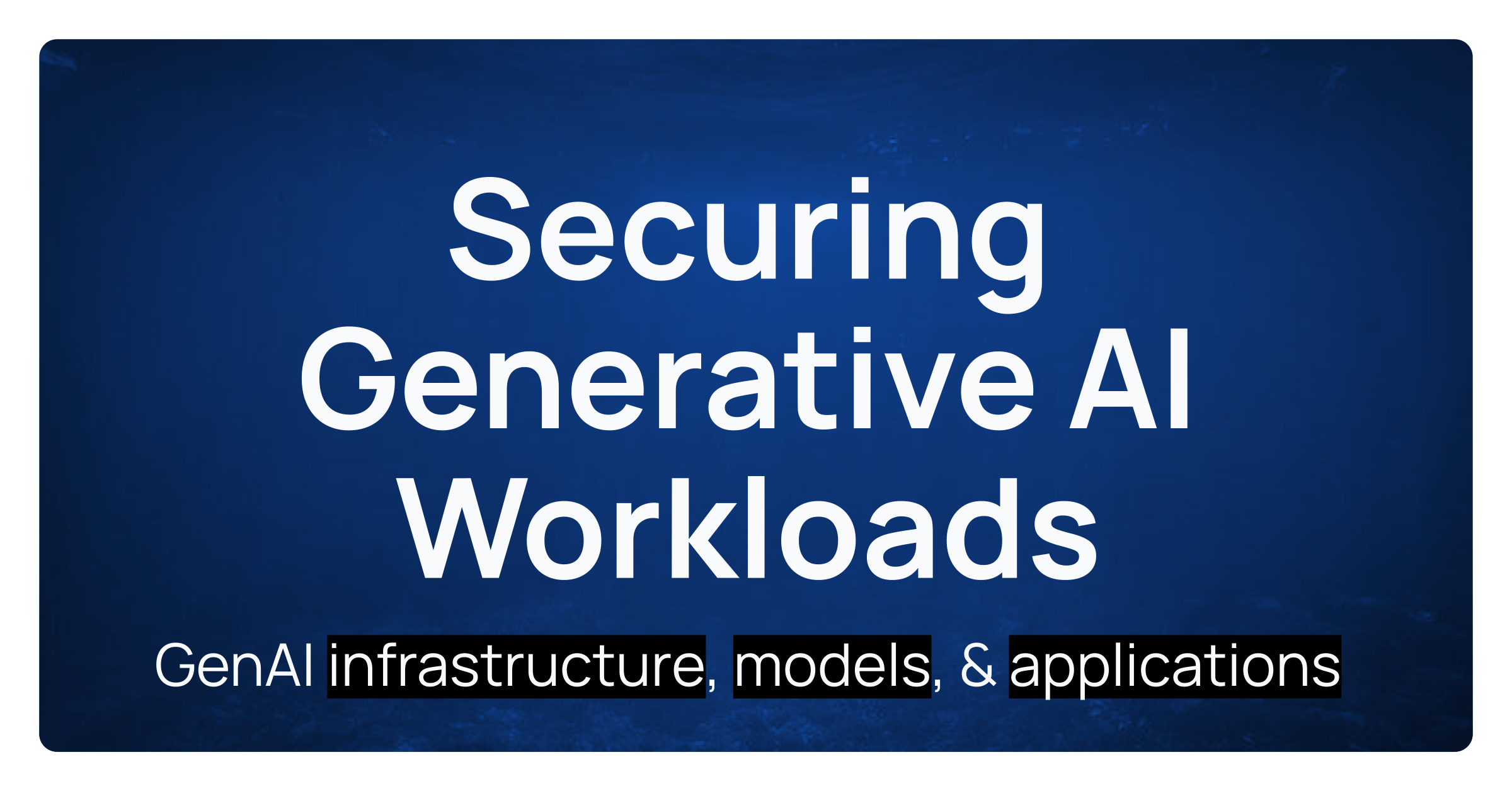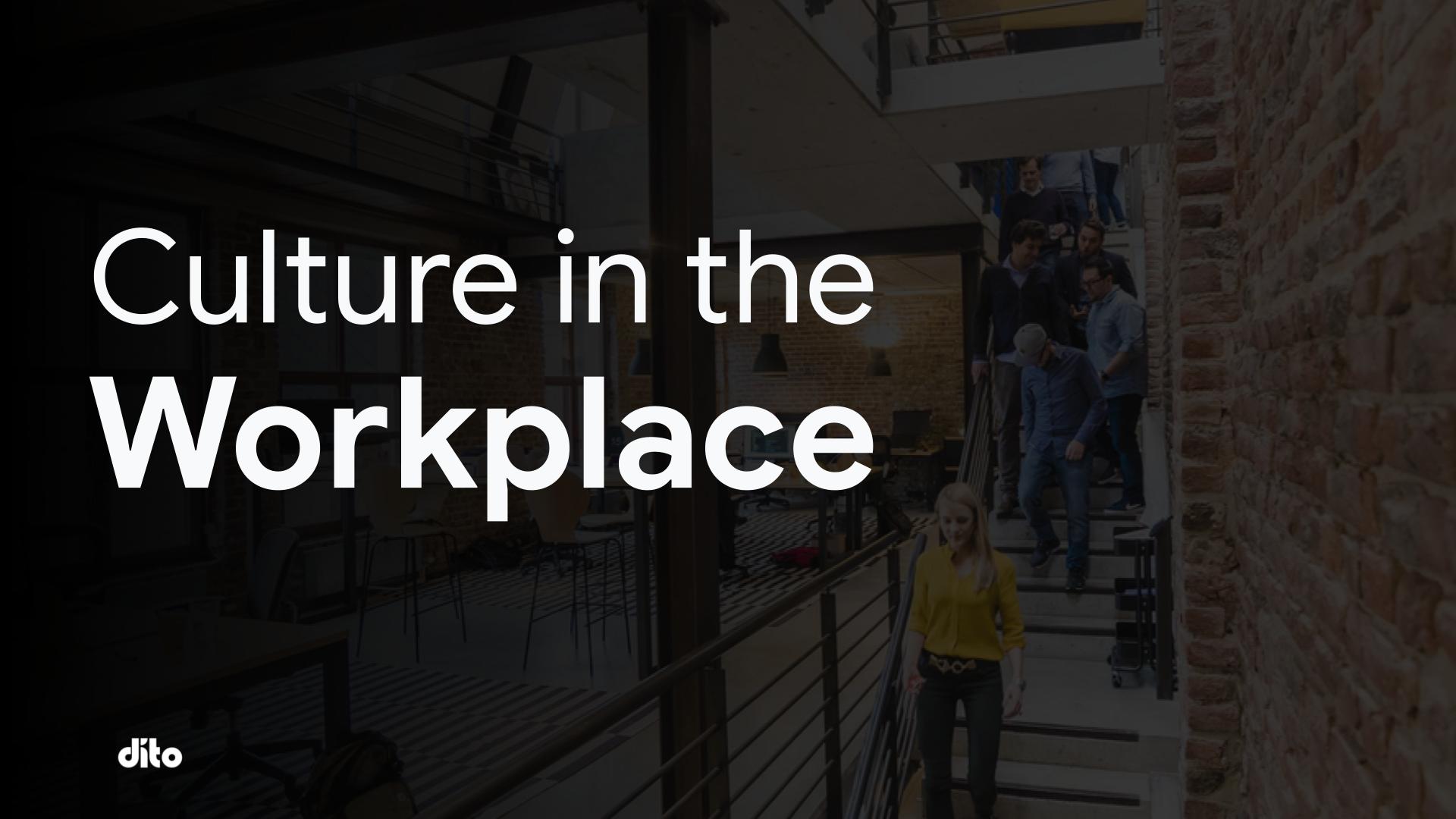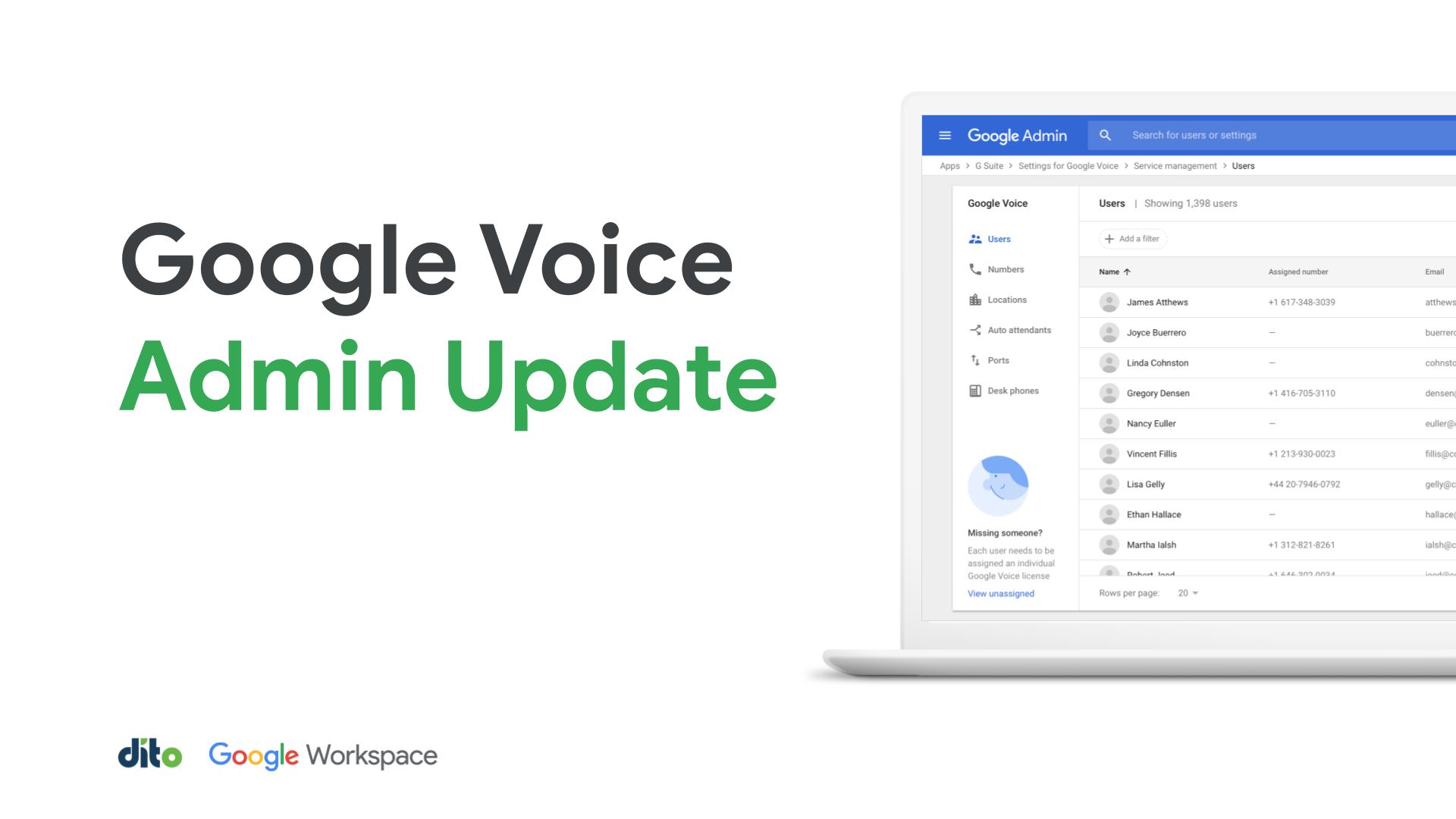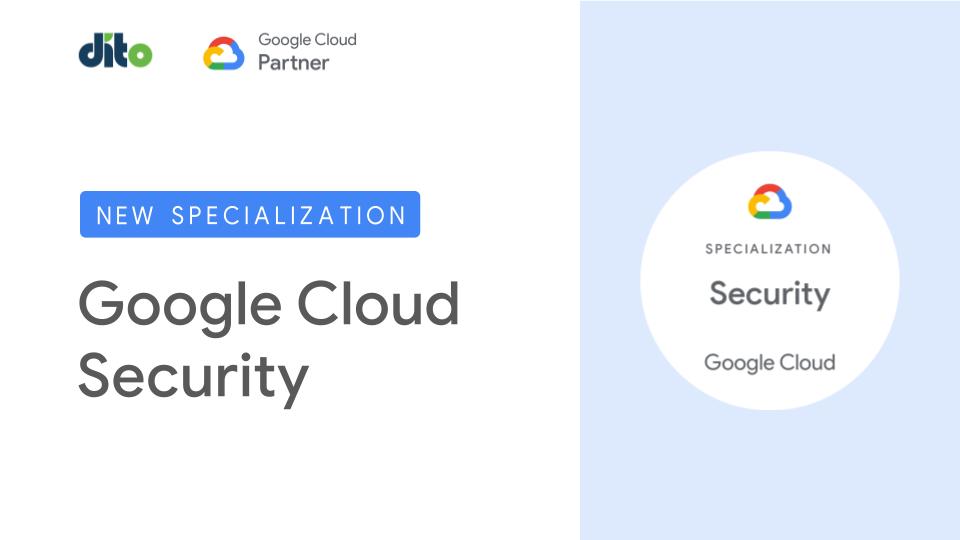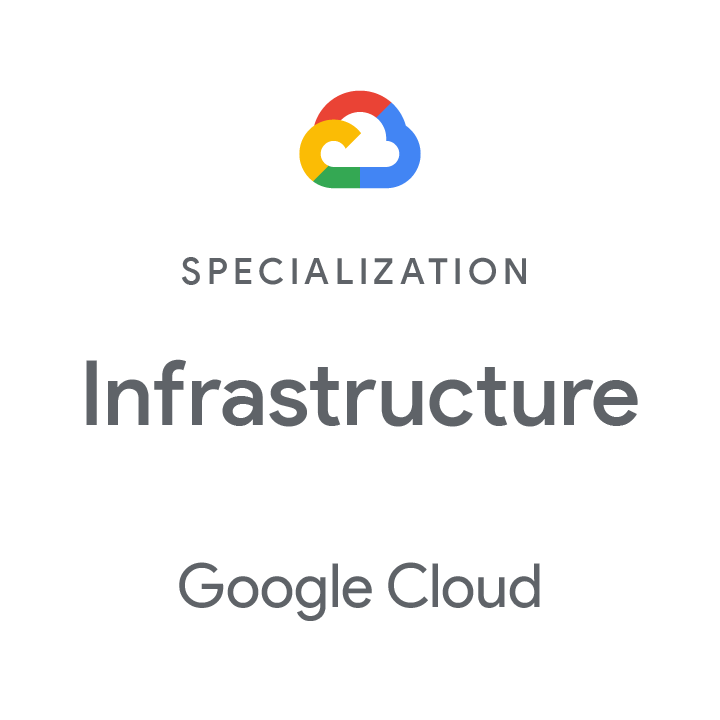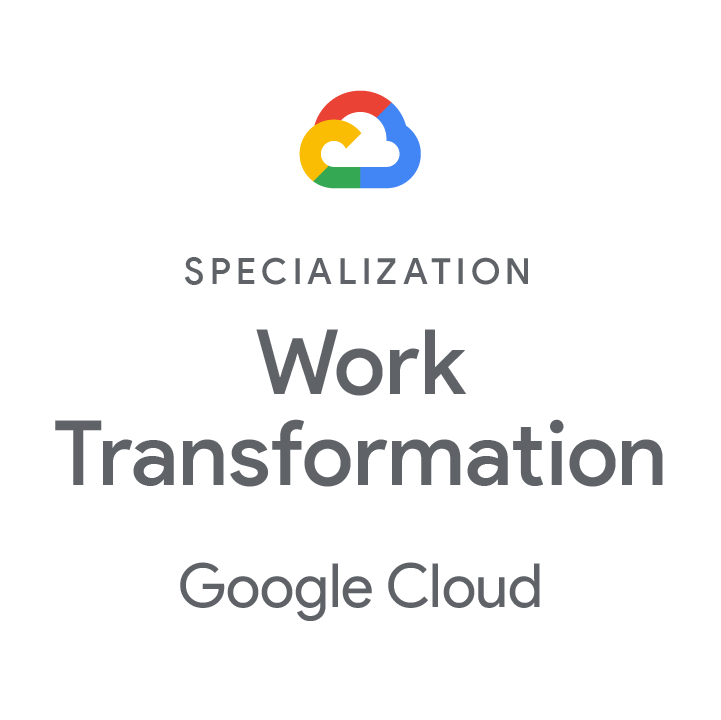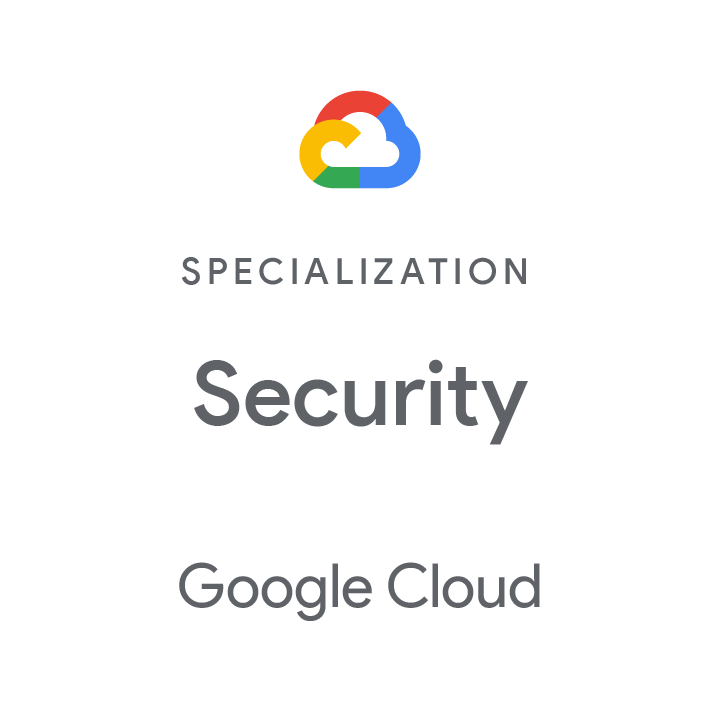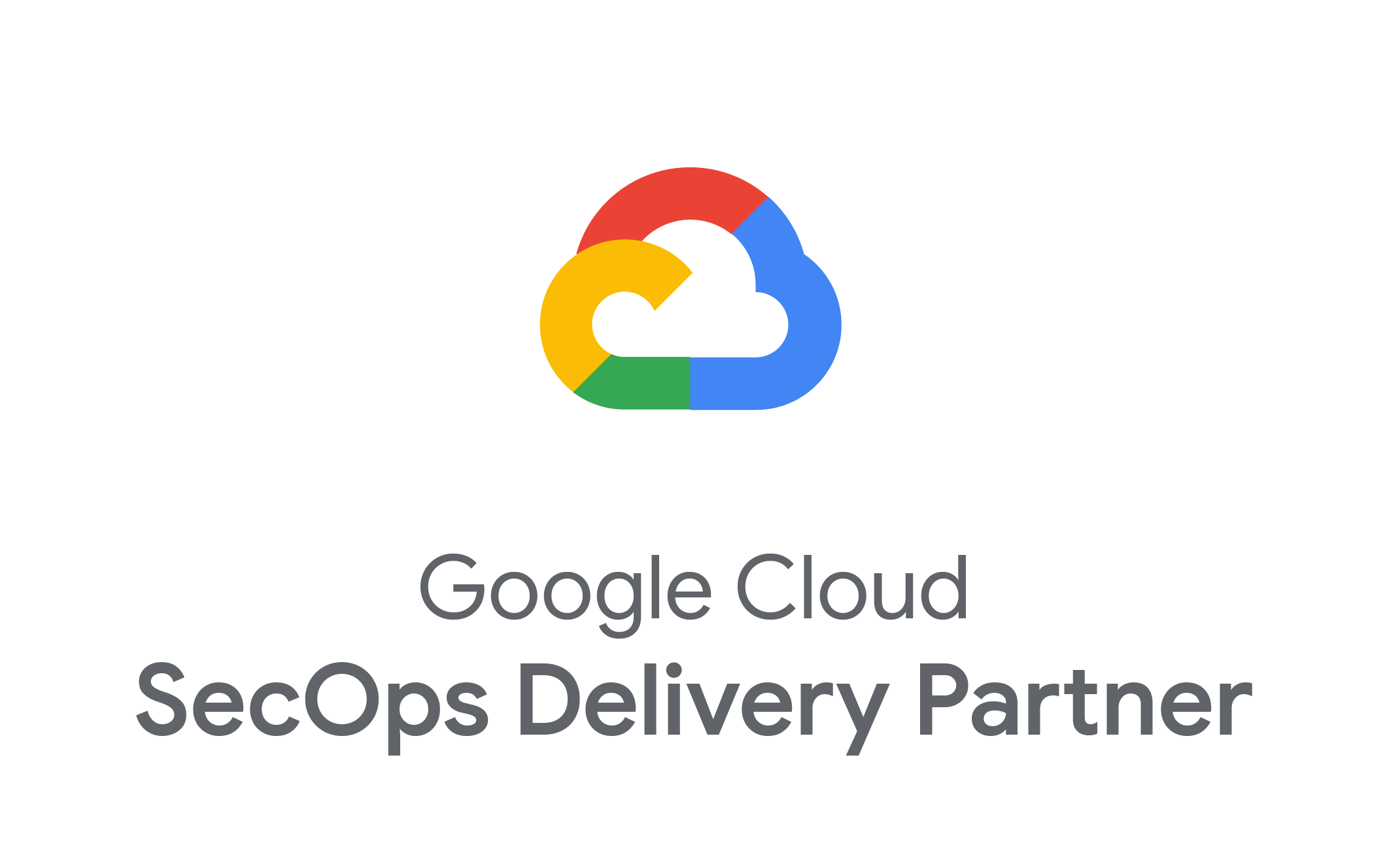In Light of Digitization, Should We Rethink Knowledge Workers?
The knowledge worker has been the bedrock of the modern enterprise for years. These employees, who offer value because of their specific knowledge and information-related skills, have stood out for businesses faced with customers who expect intelligent, personal services. It isn’t enough to simply make a good product. Organizations have long realized that information is what gives them a competitive advantage. Knowledge workers turn data into value by putting it into use within everyday operations.
A knowledge worker could be a marketer who takes content, product data, and customer information and turn them into a creative campaign. It could just as easily be a production manager who scours performance reports to tweak processes and eke out performance gains. In the age of the internet and the personal computer, knowledge workers were invaluable. But as we enter the age of big data, mobile devices, and cloud computing, managing knowledge workers is becoming increasingly difficult.
An influx of data from diverse sources has run into the limitations of legacy software systems, which puts a barrier on how knowledge workers can serve today’s digital-focused customers. Digital transformation initiatives are beginning to resolve these problems, initiating a new type of employee – the cloud worker.
Exploring the growing cloud workforce
“Cloud worker,” a term that Google is using to highlight how operations have changed in typical business settings, describes an employee who relies on contemporary technologies to such a deep extent that his or her operations are distinct from a classic knowledge worker. Here are a few key points of differentiation:
- Knowledge workers traditionally rely heavily on the software installed on systems, often running into challenges when moving data between solutions. Cloud workers spend, on average, 2.7 hours per day using web browsers to access apps, many of which can integrate with central cloud platforms to provide greater data mobility, a Forrester study found.
- Most knowledge workers are fairly limited to working from their office desk. Some use a laptop for occasional access on the go using specialized solutions. However, 94 percent of employees now use a mobile device or wearable to work while away from the office, something that most believe helps them create a better work-life balance
- The traditional operational climate for knowledge workers involved a great deal of stability. Employees go to their desks, get work done and function during predictable hours. Cloud workers are much more mobile, hopping between devices at will and leveraging shared office space. The result is more operational flexibility and more room for diverse teams, according to Google.
In defining cloud workers, Google also highlighted that these employees are much more collaborative in nature. As of now, Forrester reports that cloud workers make up approximately a quarter of the workforce, and according to Google, these types of employees are most common in manufacturing, health care, and retail.
Data is king, just like it was in the era of the knowledge worker. But the quantity and velocity of data that businesses deal with today make a shift to a cloud workforce critical. The cloud provides immediate access to key apps and services anytime and anywhere, which lays the groundwork for a new type of knowledge worker that Google and Forrester Research are dubbing the cloud worker.
Positioning cloud workers for success
Transitioning from knowledge work to cloud work is increasingly critical in taking advantage of the data that businesses are gathering and trying to use in order to improve customer experiences. Contemporary cloud ecosystems help organizations adapt to this change. A few technological and ideological strategies needed in light of this trend include the following:
- Employing cloud platforms to more easily integrate apps and services under a central cloud umbrella.
- Empowering regulatory teams to use the cloud in order to build out automated audit trails and more easily enforce best practices across teams.
- Leveraging robust network services to streamline data transit between data centers and end-users working across diverse locations.
- Optimizing the mix of cloud applications to avoid excess spending on unused solutions, while ensuring employees always have access to what they need.
- Establishing a culture of change by using development, IT and operational strategies that focus on adaptability and positive user experiences.
Businesses must take a heavily strategic approach to IT innovation in response to the rise of cloud workers. Dito can consult with your IT teams and help them migrate to today’s cloud services in the most efficient way possible. We specialize in the Google Cloud and would be thrilled to talk with you about your challenges.
